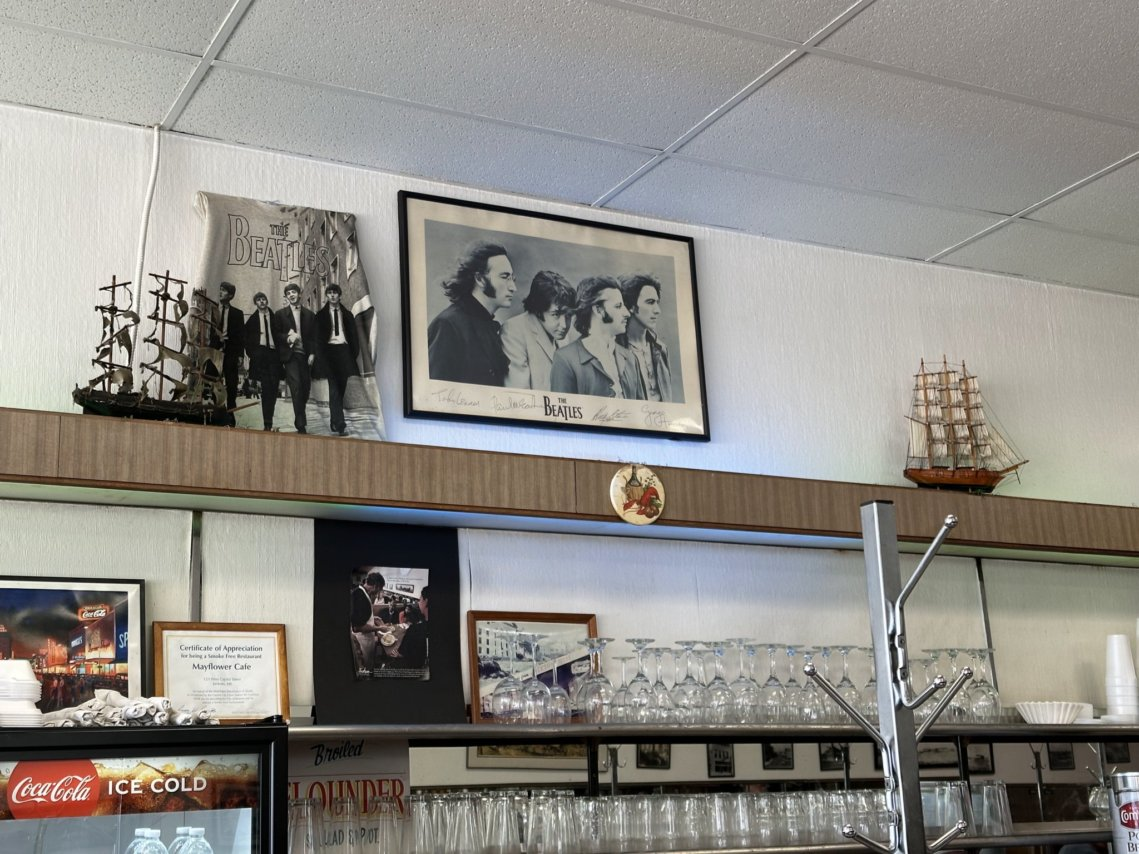Every morning, Alexa plays a little tune until I sit up and say, "Alexa, Stop." Then she says, "Good Morning. It's six o'clock. The Temperature is seventy-eight degrees. Today expect cloudy skies and a high of eighty-four degrees. "
Then she plays "Philadelphia Morning" from the Rocky Soundtrack. That image of Rocky struggling to breathe while he jogs and holding his sides in pain when he reaches the top of the stairs at the Philadelphia Museum of Art is what gets me out of bed in the morning. Rocky suffered and suffered, but he got better. That thought inspires me.
A guy like me can stay in bed all day, every day. I have the kind of mind where I can keep myself intellectually stimulated without ever speaking to another person or seeing the world outside of my room. The problem is, the world actually is outside of my room. I can stay in my room forever, but I'll never fulfill the contract of my creation. My job is to do something to the world, something with the world, not sit in the dark imagining it. There's an imaginary dog that yips at me whenever I think about forgetting that.
I sent the first chapter of my book to a few people for mostly good reviews. A few people said, "Uh-oh, I can't believe you're talking about that." The inciting action in my book is a fictionalized version of something that actually happened. It's fictionalized mainly because I want a very different ending than what really happened. I'm also not about the business of exposing people's personal suffering to the world. There will be quite a bit of suffering in the story, but it's imaginary people, not real people. I don't think I could do it otherwise.
My first several chapters will be chasing my characters up a tree and then throwing rocks at them, a quote attributed to both Nabakov and Hitchcock. Hitch probably stole it. Young people cross several really significant Rubicons as they grow. The first is learning to walk, then going to school, then puberty, and going to high school and college. Eventually, they emerge as an adult and start a completely different journey.
Young people arrive at college, often with the wounds inflicted on them before still bleeding, but without the support structure they always had, and sometimes they go a bit mad without it.
Hurt people hurt others. Every psychologist will tell you that. Injured people hurting others and getting hurt themselves is the action that drives my narrative. Characters not recognizing that they don't have to stay on the road where they find themselves is what sustains it.
In the real world, when bad things happen, people cry out for justice, but they never get it. I've been thinking about this for a long time, and I don't think I've ever seen a case where justice was served.
Orestes killed his mother and his uncle to seek justice for his murdered father, who was murdered for taking the life of his daughter Iphigenia; then, he spends three more plays struggling with the gods to try and discover justice. Arguably, he never does it, but through his efforts, he redeems himself.
That's what I want my characters to do. I want them to go through hell and then redeem themselves. The question of justice will hang in the air unresolved. That's intentional.
Thirty years ago, Bobby DeLaughter and Ed Peters shocked the world by bringing Bryan De La Beckwith to trial. Whatever would happen to Bobby in the future, that was a monumental moment in Mississippi history. De La Beckwith was convicted and died in prison, but was justice served? We could have burned De La Beckwith at the stake along with all his companions, but would that be justice for the death of Medgar Evers? Could their suffering replace his loss? My argument is "no." Justice is a thing we seek but cannot find.
Redemption is possible, though. If we put our minds to it, we can each achieve some level of redemption every moment of every day. A daily struggle for redemption is how we pay back the lord for the air we breathe and the water we drink, and redemption begins with forgiveness. Not the forgiveness from God, although that's vital, but forgiving ourselves and allowing us to redeem ourselves.
These are the ideas I'm going for. We'll see how well I do.
In the meantime, I'm having one last breakfast in the little cafe out here. The food's pretty good. They'll bring the food to you, but if I let people serve me all the time, I'd never get out of here, and getting out of here is happening really soon.




